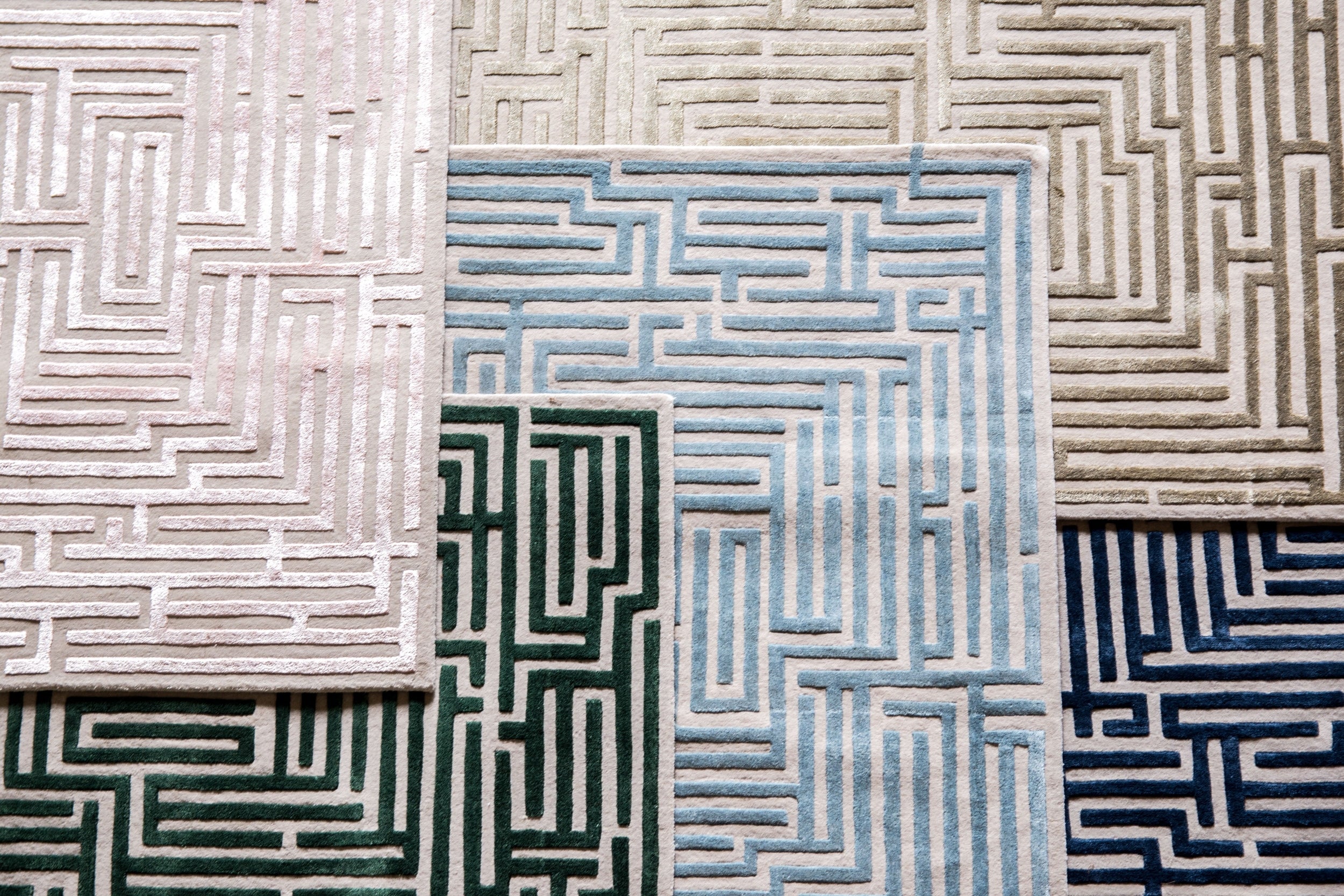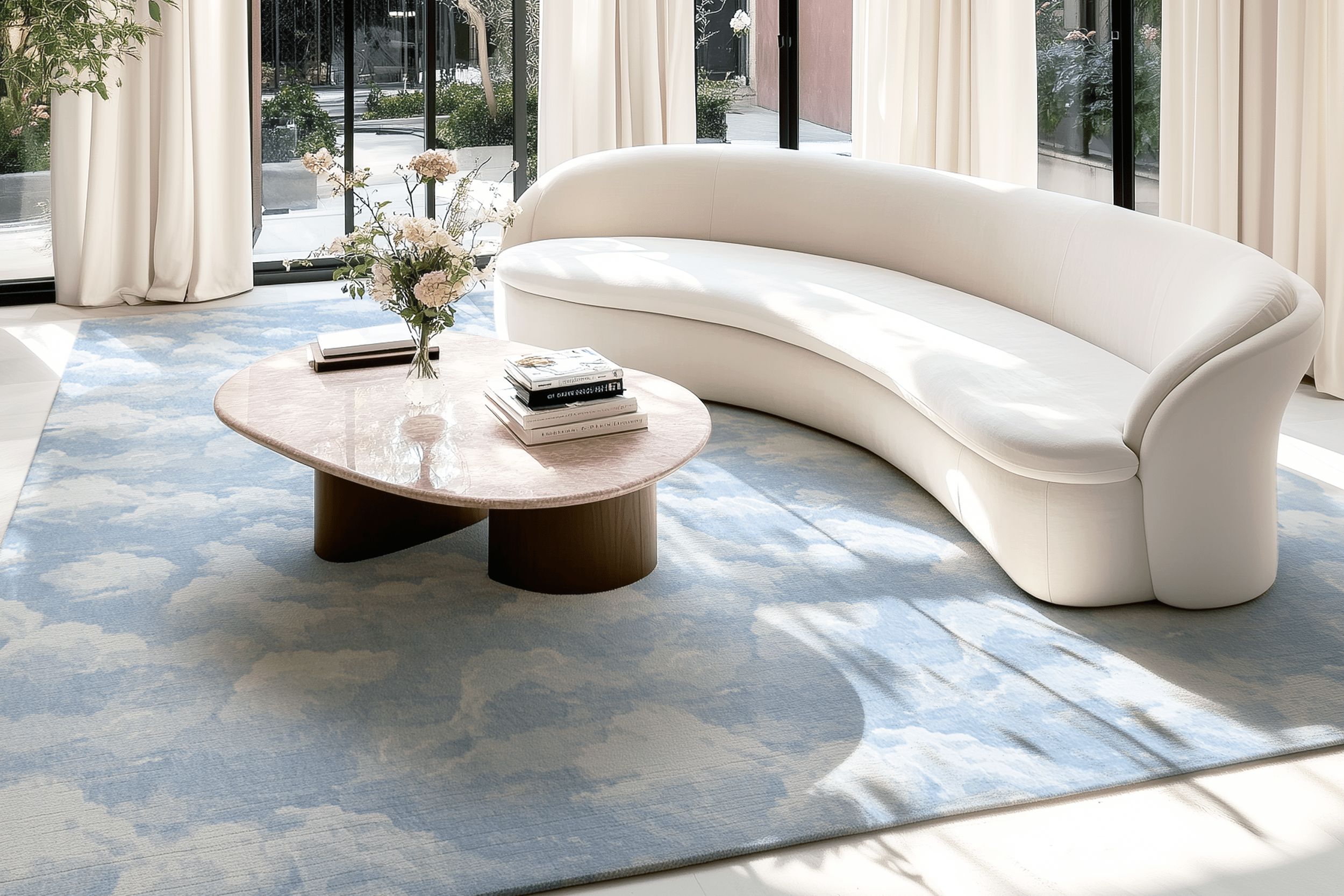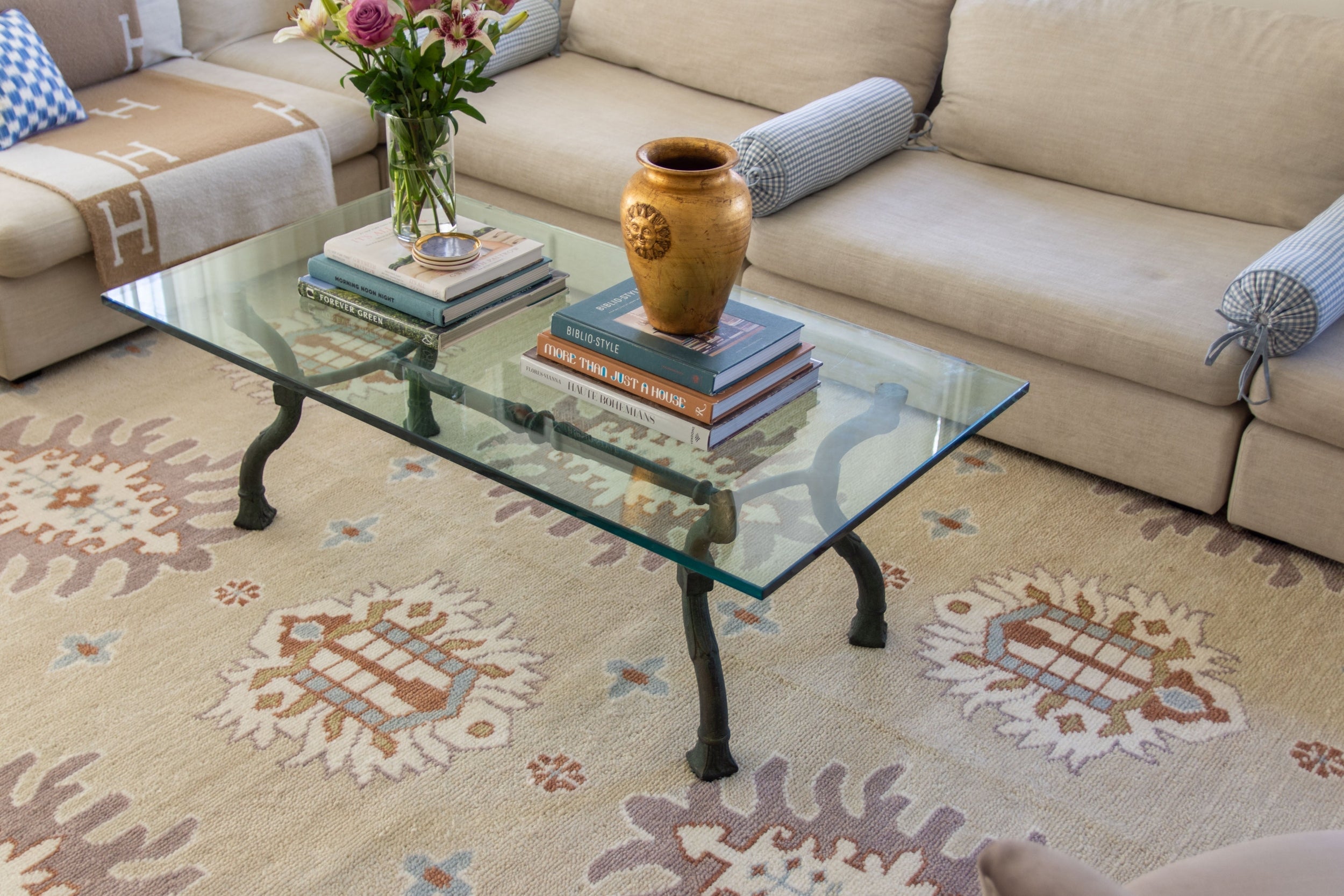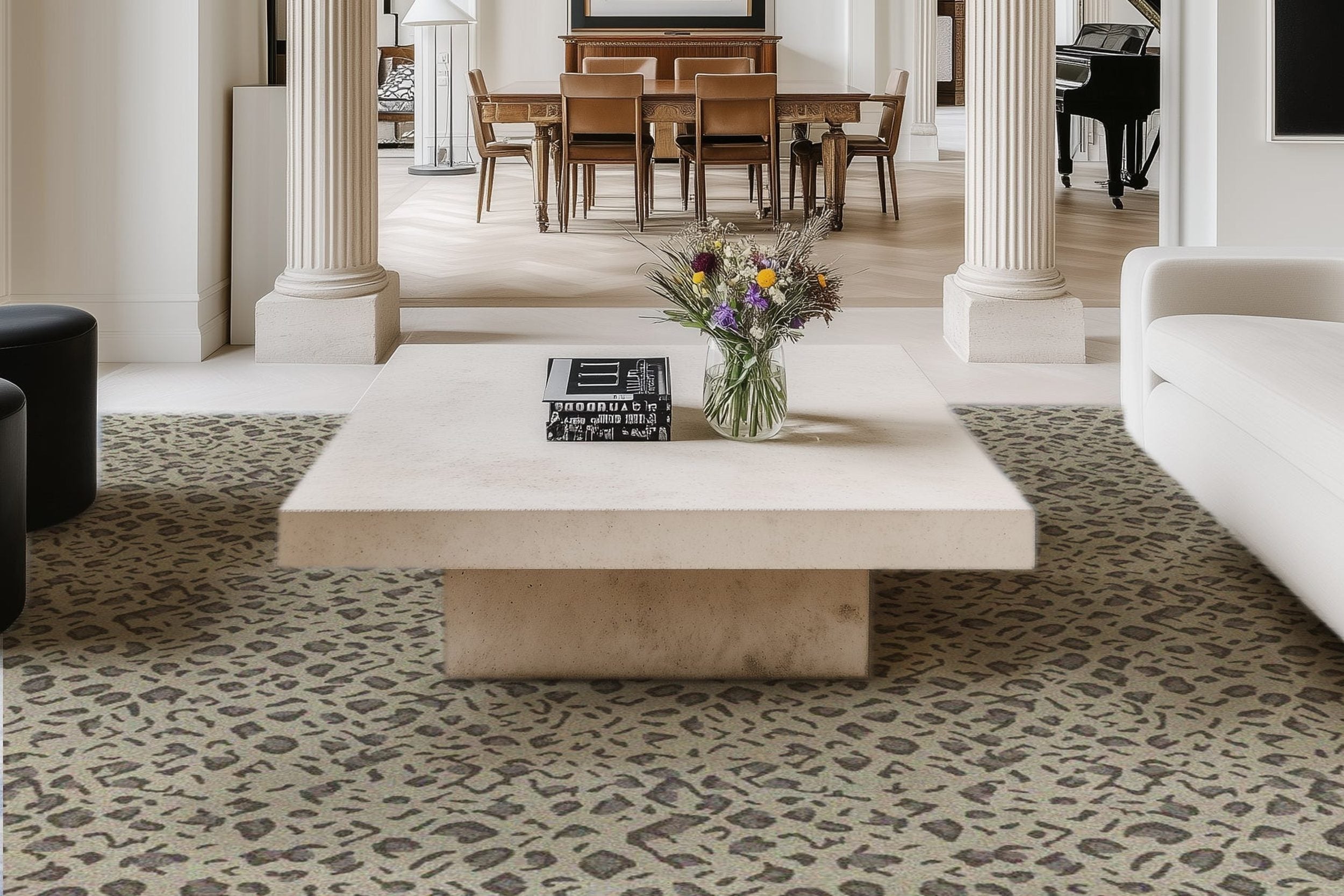Replacing Windows at Home: Key Tips You Need to Follow
Replacing windows in your home is not just a matter of aesthetics; it can significantly enhance energy efficiency, safety, and overall comfort. Whether you're upgrading old, drafty windows or simply looking to refresh your home's appearance, understanding the process and the options available to you is crucial. In this guide, we'll explore key considerations to keep in mind, from selecting the right window style and materials to navigating the installation process. By following these tips, you’ll be better equipped to make informed decisions that will benefit your home for years to come.
1. Understanding Window Styles
When selecting new windows, it's essential to familiarize yourself with various styles available in the market. Common styles include double-hung, casement, sliding, and picture windows, each offering unique advantages. For instance, double-hung windows are versatile and easy to clean, while casement windows provide excellent ventilation due to their outward-opening design.
Consider the architectural style of your home when choosing the right window style. The right selection can enhance curb appeal and complement the overall aesthetic of your property. For traditional homes, options such as sash and bay windows may be more fitting, while contemporary designs may lean towards sleek, large panes.
Beyond aesthetic appeal, different styles also vary in terms of energy efficiency and functionality. It's important to assess your specific needs, including ventilation, security, and noise reduction, to choose windows that not only look good but also serve a practical purpose. Whether you need window replacement in Bellevue WA or any other location, understanding window styles is a critical first step towards making the right choice. It's also helpful to consult a professional for expert advice and recommendations based on your home's unique features.
2. Choosing the Right Materials
The materials you select for your new windows will have a significant impact on their durability, maintenance, and energy efficiency. Common window frame materials include vinyl, wood, aluminum, and fiberglass, each offering its own set of pros and cons. Vinyl windows, for example, are known for their low maintenance and energy efficiency, while wood frames offer a classic appeal but require regular upkeep.
Understanding your climate and environmental factors can also guide your material choice. In areas with high humidity or extreme temperatures, specific materials may perform better than others. For example, fiberglass windows offer exceptional insulation properties and can withstand harsh weather conditions, making them ideal for varied climates.
Budget is another critical consideration when choosing materials. While wood may provide a timeless look, it often comes with a higher price tag and ongoing maintenance costs. On the other hand, vinyl windows offer an affordable option without sacrificing quality, making them a popular choice among homeowners.
3. Energy Efficiency Ratings
When replacing windows, energy efficiency should be a top priority. To assess a window's performance, pay attention to its energy efficiency ratings, including U-factor and Solar Heat Gain Coefficient (SHGC). The U-factor measures the window's insulation capability, while the SHGC indicates how much solar heat is transmitted through the window.
Windows with lower U-factors and SHGC ratings are typically better at maintaining indoor temperatures and reducing energy costs. Look for windows that are ENERGY STAR certified, as they meet strict efficiency standards set by the Environmental Protection Agency (EPA).
Investing in energy-efficient windows not only benefits your wallet but also contributes to environmental sustainability. Reducing energy consumption lowers greenhouse gas emissions, making it a win-win for both homeowners and the planet.
4. Installation Process
Proper installation is crucial for ensuring the longevity and effectiveness of your new windows. If you're not experienced in home improvement projects, it may be best to hire a professional. A certified installer will ensure that the windows are fitted correctly, minimizing the risk of air leaks and other issues that can affect performance.
Before installation begins, consider discussing your options with the contractor. This includes the potential for upgrades, such as adding window films or screens which can further enhance functionality. Ensure that all local building codes and regulations are followed to avoid complications down the line.
Post-installation, it’s important to review maintenance practices with the installer. Understanding how to clean and inspect your windows regularly will help maintain their performance and appearance for years to come.
5. Cost Considerations
Replacing windows is a significant investment, and understanding the associated costs is key to making informed decisions. Prices can vary widely based on window style, material selection, and installation complexity. It's essential to obtain multiple quotes from different contractors to compare prices and services offered.
Consider the long-term savings associated with energy-efficient windows. While they may have a higher upfront cost, the reduction in energy bills can help offset the expense over time. Furthermore, upgraded windows can increase your home’s value, providing a return on investment.
Don’t forget to factor in potential additional costs such as permits, old window removal, and any necessary repairs to the surrounding structure. A well-planned budget will help you avoid overspending and ensure a smoother replacement process.
6. Maintenance Tips for Longevity
Routine maintenance is essential to maximize the lifespan of your new windows. This includes regular cleaning to prevent dirt buildup and ensure optimal performance. Use a gentle soap solution and a soft cloth to clean the glass and frames, avoiding harsh chemicals that could damage the surfaces.
Inspect the seals and weather stripping frequently for signs of wear and tear. Damaged seals can lead to air leaks, compromising energy efficiency and comfort. Replacing worn components at the first sign of damage can prevent more costly repairs down the line.
Finally, consider scheduling professional maintenance checks every few years to address any potential issues. A knowledgeable service provider can identify concerns that may not be visible to the untrained eye, ensuring your windows remain in excellent condition for years to come.
Replacing windows is a valuable investment that can enhance your home's appearance and functionality. By understanding different styles, materials, and energy efficiency ratings, you can make informed decisions that will benefit your home for years to come. Remember to work with reputable professionals and prioritize routine maintenance to ensure optimal performance and longevity. With these tips in mind, you can confidently embark on a window replacement project that will add value to your home. Most importantly, enjoy the improved comfort and energy savings from your new windows for years to come.
Browse by Category

Design Projects
Explore interiors from client work and personal renovations — layered, livable, and always in progress.
read more →
Collaborations
From product launches to styled spaces, discover the brand stories I’ve helped bring to life.
read more →
The Notebook
A growing archive of iconic designers, inspiring artists, and unforgettable design moments.
read more →
Travel by Design
Wander with a designer’s eye — from charming hotels and city guides to visual inspiration abroad.
read more →





